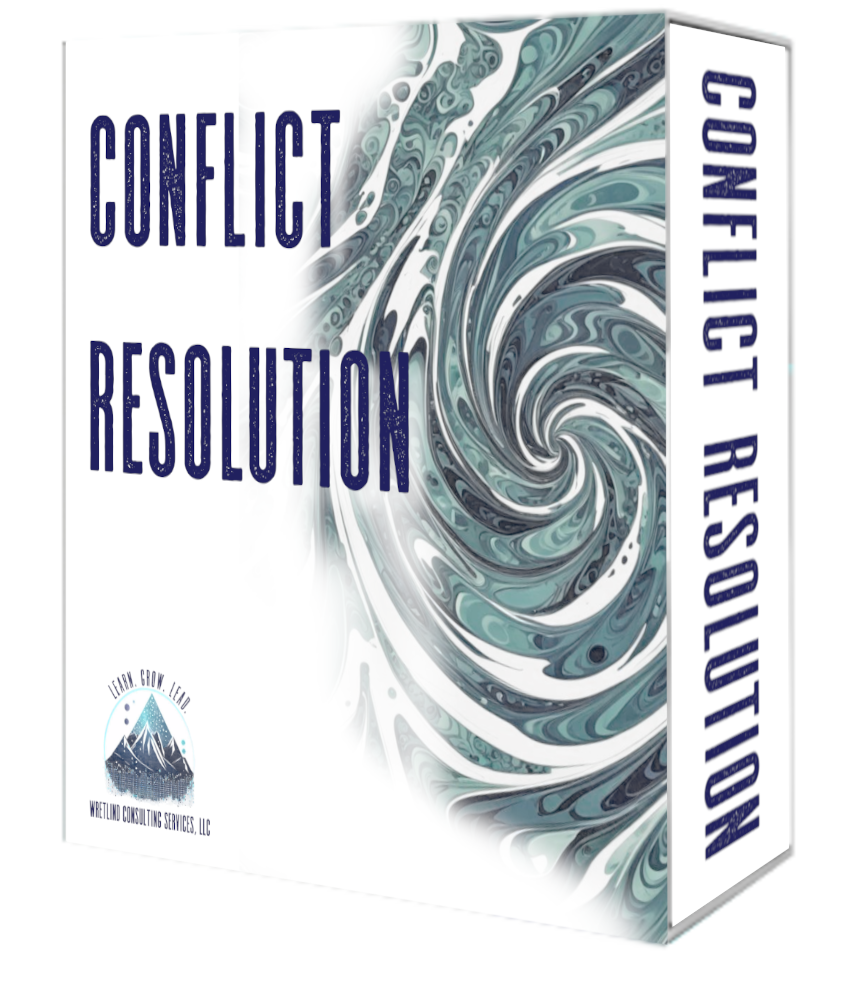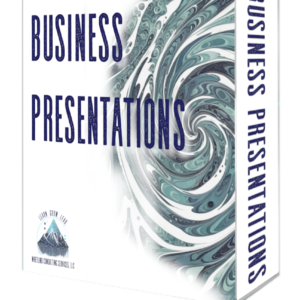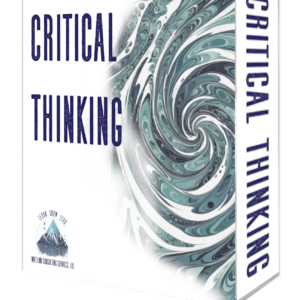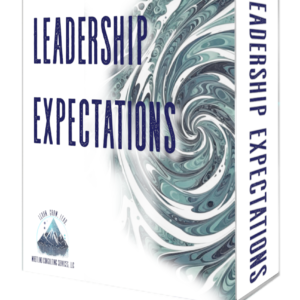Conflict Resolution
$45.00
Description
Conflict is inevitable in any workplace. However, unresolved conflict can carry substantial costs in lost productivity, damaged relationships, talent retention issues, legal risks, and even physical health declines. Therefore, it is essential that organizations and individuals are equipped to manage disagreements constructively.
This course prepares you to understand the underlying drivers of workplace conflict so that tensions can be addressed at their root causes, not just superficially patched. Concepts covered include common triggers ranging from communication gaps and unclear expectations to scarce resources and personality clashes. Additionally, you will explore the pros and cons of various instinctive conflict handling styles, including competing, avoiding, accommodating, compromising and collaborating. Finally, the use of a comprehensive six-step conflict resolution process is demonstrated, enabling you to gain skills in reconciling differences through empathy, trust building, creative problem solving, formal alignment, and consistent follow-up. The goal becomes resolving disagreements at the lowest level through interest-based solutions so that outcomes satisfy all parties sustainably.
In this course, we will learn to use effective conflict management techniques to resolve workplace disagreements.
To meet this overall course objective, we will:
- IDENTIFY the common causes of workplace conflict, including communication issues, unclear expectations, and personality differences.
- RECOGNIZE the range of conflict management styles, including competing, avoiding, accommodating, compromising, and collaborating.
- ANALYZE personal tendencies and biases in dealing with conflict.
- APPLY a structured conflict resolution process that involves understanding perspectives, communicating respectfully, identifying solutions, and following up on agreements.
- DEMONSTRATE conflict management techniques through role-playing realistic workplace scenarios.
The course material is intended to be taught in-person or virtually (e.g., Zoom, Teams) and includes:
- a leader’s guide/lesson plan
- a student workbook with exercises
- a presentation of 46 slides
- a 10-question quiz with answer key
All course materials can be modified once purchased.




